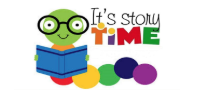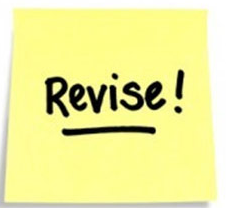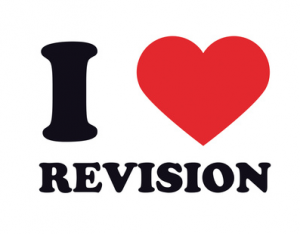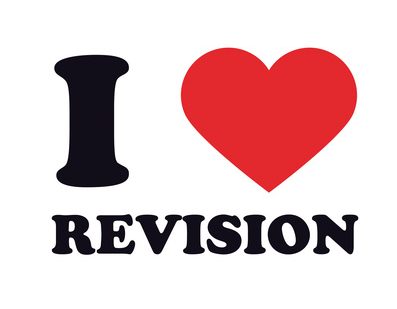by C. Townsend
I teach portfolio courses, and in the Writing Center, I often work with students who are taking portfolio courses. A portfolio course is seeped in the notion of revision. This stage of the writing process is highly valued and is typically a big chunk of a student’s overall assessment. Revision, however, is not defined consistently, and many students (and teachers alike) treat “revision” and “editing” as synonymous. I do not. In my classroom, revision and editing are entirely separate tasks. However, I find most student writers resist this notion. Over these many years, my insistence on separating revision and editing has only escalated, as my students can attest. Most find me to be quite animated when defending my claim. In that spirit, I’m going to take this opportunity and temporarily hijack the ReVisioner blog for my own purposes. For your consideration, here is my pitch to permanently separate “revision” and “editing.”
Editing, for all intents and purposes, is a task that a writer can hire out for. A line editor tackles sentence-level issues and takes necessary steps to eradicate them. Editing may involve reworking sentence structure, using alternate vocabulary, and even renegotiating whole chunks of a composition. However, editing never alters the fundamental meaning of the piece; its function is to resolve technical problems that impede reader comprehension. Editing is crucial. It can never be skipped. But editing is one of the final steps in a writer’s process. Revision is not.
I believe revision is a task that requires the writer to re-see their composition, objectify it, and then set it free. A writer cannot hire someone to revise for them; only the owner of a text can revise. Revision requires scrutiny, precision, and, ultimately, a leap of faith. The writer must liberate the piece. Hmm, perhaps an example would be more constructive. Here you go.

My friend Travis was composing a humorous short story about a drunk old man in a bar. He intended to submit the story to a competition, and so he brought it to me for a read-through and a peer response. The story was the tale of this old drunk at a bar who incessantly heckled and harassed that night’s stage act until he was eventually booted from the joint by the bouncers in, of course, grand fashion. The story ended with the drunk’s last words, shouted across the bar as he was dragged outside by his belt buckle. He bolstered this final decree: “It don’t make no matter no how ‘cause I’m BONAFIDE!”
This closing was intended to be the story’s punchline. I was supposed to laugh out loud. But, well, um...I didn’t laugh. I didn’t laugh at any point in the story. I read the old drunk as tragic. In fact, the whole story was tragic in this Southern Gothic-meets-the-Millennium way, and so that’s what I told my friend.
At first, he was bummed about my reaction. However, he was willing to take a second look at the story through this alternate lens. And in doing so, he could see what I saw and why. I posited the notion that the story was actually more powerful as a tragedy. Why not consider the merits of making that shift and see what happens. He took on my challenge and began a revision, a radical one. And the story evolved, abandoning the confines of its initial genre, and instead morphing into a cautionary tale about the demise of a tragic anti-hero. The product of this revision was stellar. It offered readers an authentic, chilling specimen of a Southern male anachronism. The story earned considerable praise, as well as an award in the competition.
That was revision in its as-God-intended form, as I see it. Travis liberated his text, allowed it the freedom to wander outside of his initial intentions, accepted the unknowns this required, and trusted that the process would render something valuable.

Successful revisions like this are why I harp on and on, insisting that there is a clear distinction between editing and revising, and why I task my students to do the same. One is about clarity, accuracy, and polishing. The other is about freedom, emancipation, and evolution. Both are absolutely vital. Never avoid or ignore either! But they are separate tasks—miles and miles from synonymous.
That’s my pitch. I surrender the soapbox and promise to be quiet now. (That’s a lie.)

